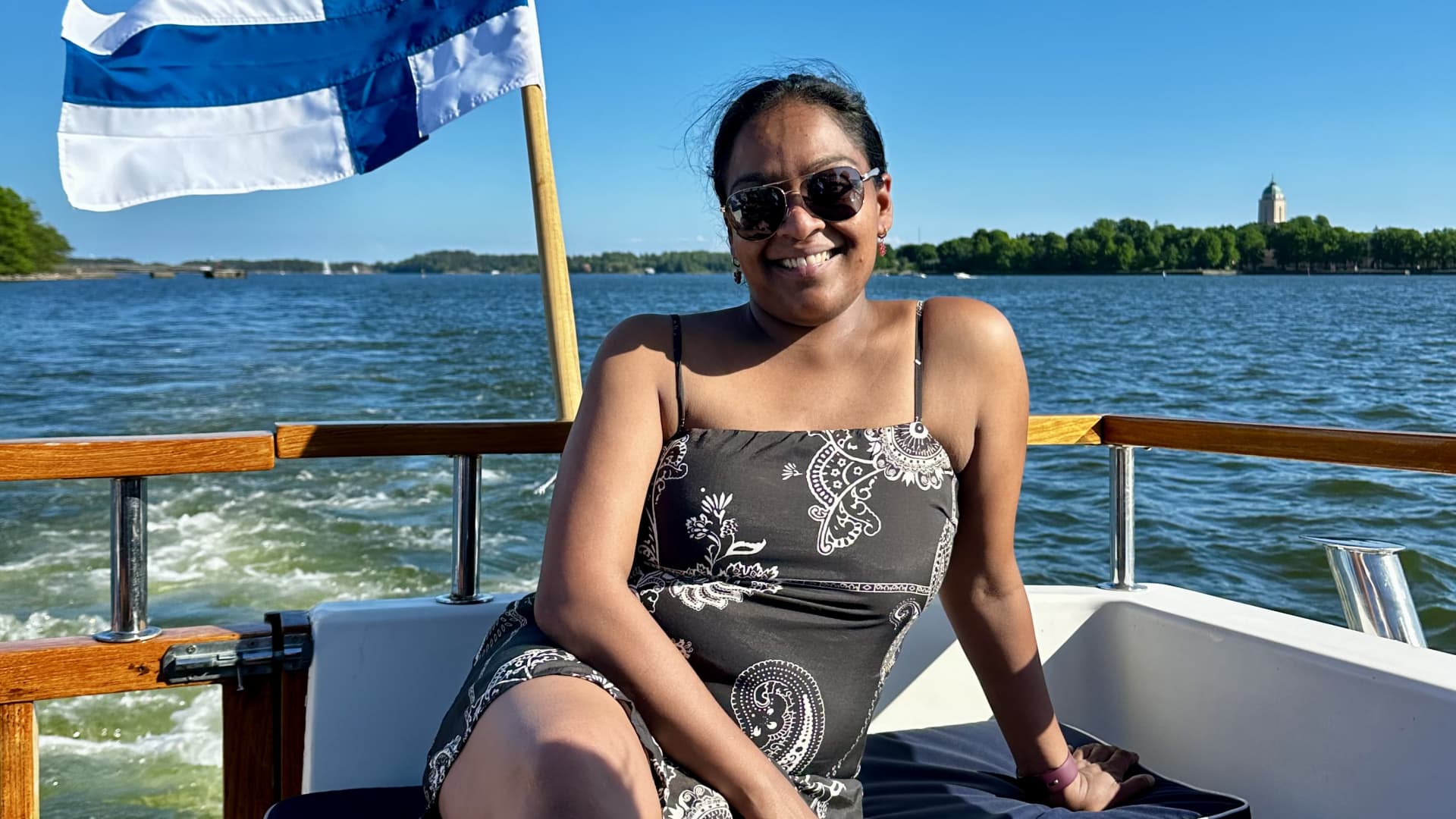I know what it’s like to have inconsiderate houseguests — the kind where you can’t wait for them to leave. I don’t ever want to be that person when I’m in another country.
I’ve been traveling almost as long as I’ve been alive. I’ve made it to all seven continents, 70 countries, and 47 U.S. states. Along the way, I’ve learned how much what we say and how we say it matters, especially when navigating different cultures.
For example, words like “conquer,” “explore,” and “discover” have colonial undertones that may not be welcome in countries still recovering from the impacts of colonization. Calling a place “unspoiled” can erase its indigenous history.
The last thing I want when I’m abroad is to be labeled an obnoxious American. As a professional traveler, I’ve learned through experience the best way to avoid that is by not saying things that can come off as rude, offensive, or ignorant.
Here are 7 phrases I’d never say that Americans traveling abroad often use:
1. ‘What’s the price in dollars?’
I can’t tell you the number of times I’ve seen an American whip out their dollar bills at a foreign market only to be met by a shopkeeper’s blank stare. The U.S. dollar isn’t the only currency in the world. Acting like it is — or demanding locals tell you how much something costs in dollars or “real money” — can make you look clueless and self-centered.
Look up a country’s currency before you visit, and use a currency conversion app to keep track of your spending.
In Rome, Italy in 2023.
Courtesy of Meena Thiruvengadam
2. ‘Everything is so cheap here.’
You may as well walk around wearing a sweatshirt that says “entitled and privileged.” There are many reasons other countries may be more affordable than where you’re from, and they often involve violence, exploitation, and systems designed to perpetuate global inequality.
3. ‘What state are you from?’
Canada has provinces. Singapore and Monaco are city-states that aren’t divided into smaller sections. Asking what state a person is from outside of the U.S. is a quick way to show you haven’t researched your destination or can’t respect that things are different elsewhere.
4. ‘Where’s Starbucks?’
When you go to a foreign country seeking out corporate chains, you’re missing out on an opportunity to try something new and to support local businesses. I could have gotten Starbucks on a trip to Athens a few years ago, but then I wouldn’t have had a chance to taste incredible Greek coffee and visit several cute cafes I hope to get back to one day.
On another trip to Mexico City, I did stop at Starbucks — the closest coffee shop to my hotel and a place where I knew for sure I could get a cold brew on a hot day. I got so much side eye from my friends and so many questions about why I didn’t opt for better coffee while supporting the local economy.
Next time, I’ll remember my own advice.
In Singapore in 2023.
Courtesy of Meena Thiruvengadam
5. ‘Your English is very good.’
English is the most commonly spoken language in the world, with an estimated 1.5 billion speakers around the globe. It’s an official or widely spoken language in the U.S., Canada, the U.K., Ireland, Malta, Singapore, India, Pakistan, the Philippines, Sri Lanka, and several Caribbean islands and African countries.
It should never come as a surprise to encounter someone who has impeccable English in a predominantly English-speaking country. Yet, I’ve lost track of the number of times people have said that to me in the U.S. and shudder to hear it when I’m traveling.
6. ‘[X country] is a third-world country.’
Calling a country — especially one you’re visiting — a “third-world” country can come off as judgmental. Instead, I use “developing country,” a phrase that doesn’t carry the same connotations. It just doesn’t feel right to judge a place whose people I hope will welcome me.
7. ‘This isn’t how we do it back home.’
I was once invited to a tasting menu dinner at a Michelin-star restaurant not far from Paris. After the second or third course, an American at our table interrupted the meal to request a green salad like he normally eats at home. I’ve never seen such a mortified waiter, and I don’t think the chef ever complied with the request.
One of the best things about travel is that it exposes you to new ways of thinking and doing things. Focusing on how it’s done at home can blunt the transformative impact.
Visiting countries all over the world has opened my eyes to so many different ways of living — and that’s exactly the life-changing perspective that makes me so excited to book my next trip.
Meena Thiruvengadam is a travel writer and editorial consultant currently based in Chicago. She is the founder of the travel site TravelwithMeena.com and a contributor to publications including Travel+Leisure, Condé Nast Traveler, The Wall Street Journal, and Lonely Planet. Meena previously worked as an editor for Yahoo Finance and as a head of audience development for Bloomberg and Business Insider. Find her on TikTok and Instagram.
Want to be a successful, confident communicator? Take CNBC’s online course Become an Effective Communicator: Master Public Speaking. We’ll teach you how to speak clearly and confidently, calm your nerves, what to say and not say, and body language techniques to make a great first impression. Get started today.
Plus, sign up for CNBC Make It’s newsletter to get tips and tricks for success at work, with money and in life, and request to join our exclusive community on LinkedIn to connect with experts and peers.






